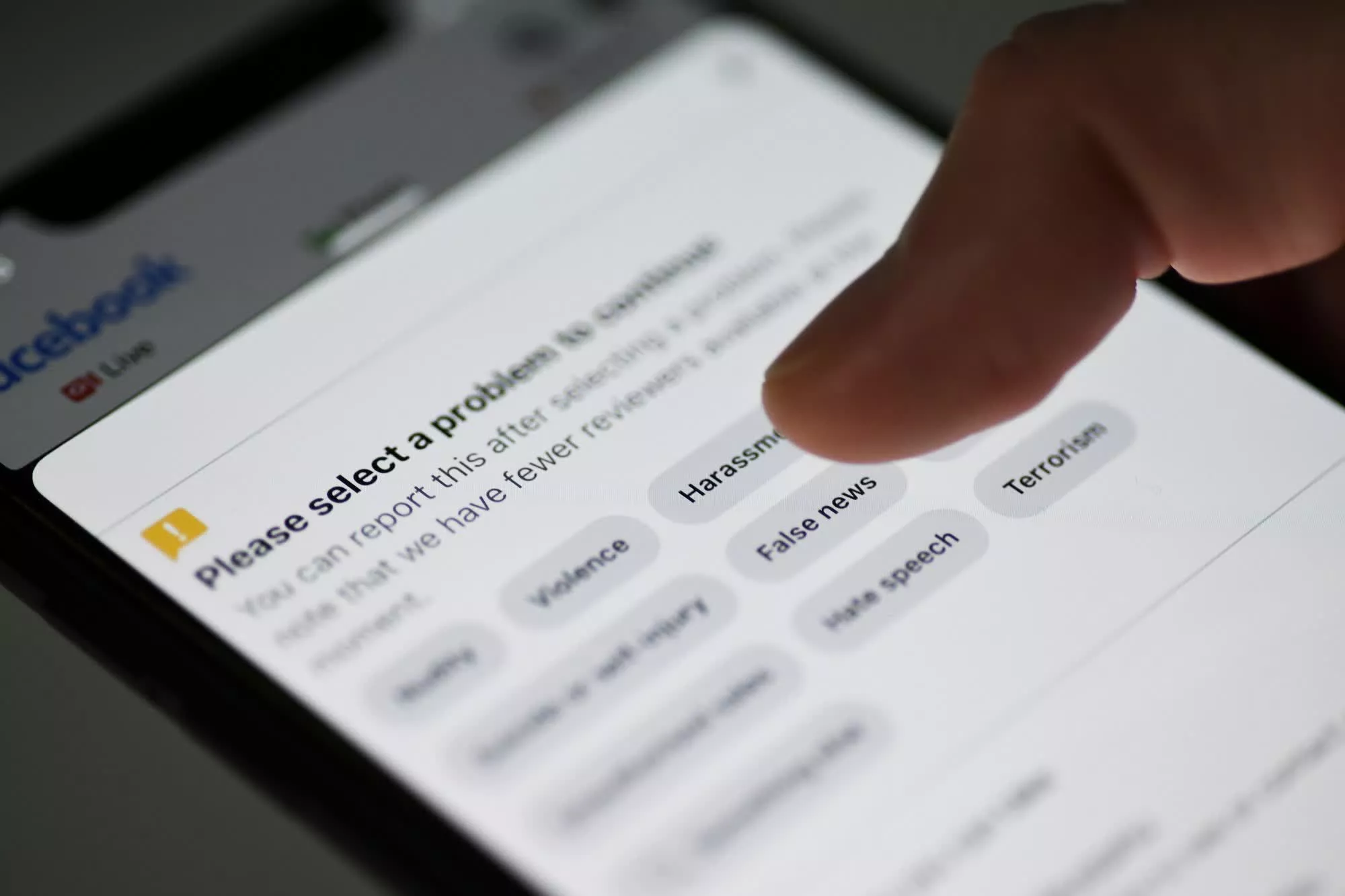What just happened? This week, the president of Brazil issued a decree temporarily setting new rules for which posts social networks can remove. It is the first time a government has tried to stop social media companies from taking down content that violates their rules.

According to the new rules, social networks can only immediately take down content involving violence, drugs, or nudity, or if they encourage crime or violate copyrights. Removal of any other content will require a court order. The Brazilian government's Twitter account said the decree "forbids the removal of content that may result in any kind of 'censorship of political, ideological, scientific, artistic or religious order.'"
Most notably, misinformation about topics like Covid-19 or elections will require social media companies to seek a court order. This new decree comes only a few weeks after YouTube removed videos from Brazilian President Jair Bolsonaro for spreading alleged misinformation about Covid-19. The New York Times notes that social media companies have 30 days to update their policies before facing penalties from Brazil. It is unclear how this will affect the way social media content appears outside of Brazil.
3. It is also guaranteed that the social network will have to justify the removal of content under the terms of Brazilian laws. Without a just cause, the social network will have to restore the removed content.
— Government of Brazil (@govbrazil) September 6, 2021
"You can only imagine how hard it would be for a big platform to get a judicial order for every single piece of disinformation they find," said Rio de Janeiro State University law professor Carlos Affonso Souza.
YouTube said it is still analyzing the rules before it makes any changes. Even if it can't remove content, it will still find ways to warn users about misinformation. Facebook is concerned the decree will limit its ability to stop online abuse and may violate constitutional rights. Twitter is also concerned about the new decree's effect on Brazilian internet law.
The measure itself may, in fact, only be temporary. Those tracking law and politics in Brazil told NYT the president's decree is a stop-gap order designed for emergencies. It may expire in 120 days if Brazil's congress doesn't make it permanent.
https://www.techspot.com/news/91184-brazil-president-restricts-which-posts-social-networks-can.html